The New York Times reported on June 14 that Russian forces were focusing on attacking villages that Ukraine had previously claimed to have captured after a week-long counteroffensive. The Ukrainian military said the Russians had used air power and artillery in the fighting that left the village of Makarivka in the western Donetsk region in ruins.
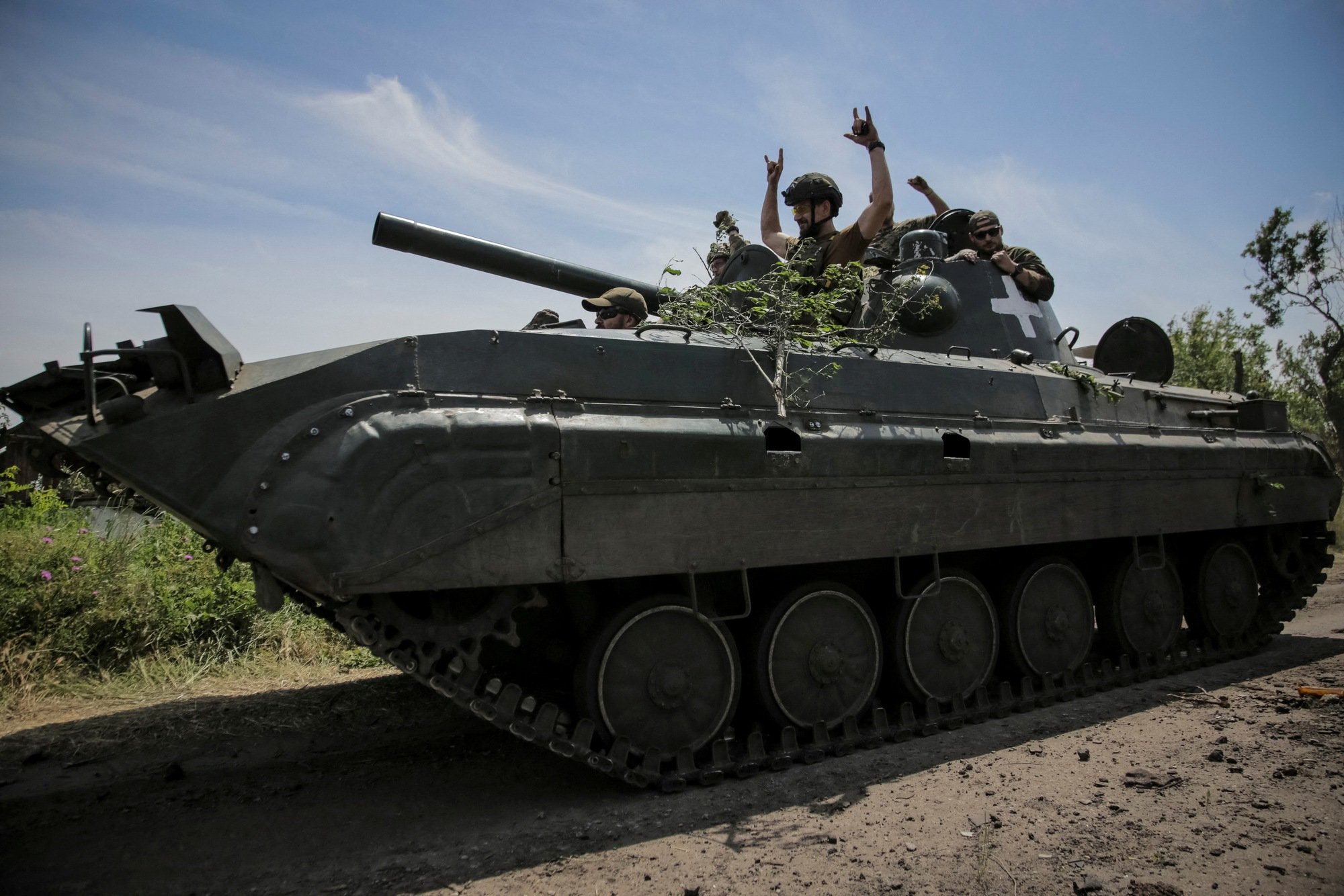
Ukrainian soldiers on BMP-1 infantry fighting vehicles during a counterattack operation
Fierce fighting
Ukrainian forces are said to have advanced in at least two southern areas, but have yet to breach the dense Russian defenses, which include minefields, trenches and concrete barriers to block tanks. Rain and mud are hampering efforts on both sides. As they advance, Ukrainian troops leave their trenches and are out of reach of air defense systems. While portable anti-aircraft missiles can be quickly brought to new positions, more complex systems are difficult to move, leaving them vulnerable to Russian artillery.
Quick Look: Operation Day 475, NATO Encourages Ukraine's Advance; Putin Says Counterattack Suffers Heavy Losses
Russia has not admitted to losing control of any areas since Ukraine launched its counteroffensive. TASS news agency reported on June 14 that the Russian Defense Ministry said its soldiers had repelled all attempts by the Ukrainian side to advance in the Zaporizhzhia region and inflicted heavy losses on the enemy. The Russian Defense Ministry released a video showing Russian Giatsint-S 152 mm self-propelled guns destroying Ukrainian weapons and camouflaged positions near the Vremevsky direction. A Russian officer said Ukrainian soldiers there were mainly using M777 guns, HIMARS and other Western-made weapons. Russian President Vladimir Putin said that Ukraine suffered 10 times more casualties than Russia in the counteroffensive, although he did not give a specific figure. Speaking to reporters, the leader also said he was wondering whether Russian forces should return to Kyiv.
Meanwhile, Reuters quoted Ukrainian military chief Valery Zaluzhny as saying that his country's forces, with the help of Western weapons and training, have achieved "certain results, implemented our plans and moved forward." He said fierce fighting was taking place in eastern and southern Ukraine.
Russia destroys Ukraine's Leopard 2 mine-clearing tank
British intelligence reports yesterday said that the Russian air force has increased flights to support ground forces in southern Ukraine. The developments in southeastern Ukraine prompted the Director General of the International Atomic Energy Agency (IAEA) to postpone a trip to the Zaporizhzhia nuclear power plant on June 14 "until he can safely arrive". In addition, Ukraine said Russian missiles had attacked several areas in the Odessa and Donetsk regions, killing at least nine people. Russia has long denied targeting civilians in the war.
Russia - West tensions increase
After the US announced an additional $325 million in military aid to Ukraine, Russian Ambassador to the US Anatoly Antonov criticized on June 14 that the move was pushing Washington deeper into the "abyss of conflict". At the same time, he said that strategists in the US have not understood that no amount of weapons or participation of mercenaries can change the situation of Russia's special military campaign.
US Ambassador to NATO: Ukraine cannot join soon due to conflict
Russian nuclear weapons begin arriving in Belarus
Reuters on June 14 quoted Belarusian President Alexander Lukashenko as saying that his country has just begun receiving tactical nuclear weapons from Russia. The weapons he described as three times more powerful than the atomic bombs the US dropped on the two Japanese cities of Hiroshima and Nagasaki in 1945. This is the first time Russia has sent the aforementioned weapons abroad since the collapse of the Soviet Union. "We have missiles and bombs received from Russia," the Belarusian leader said while standing on a forest road with military vehicles parked nearby. Mr. Lukashenko added that Belarus had many nuclear storage facilities from the Soviet era and had restored five of them. Belarus borders three NATO countries: Lithuania, Latvia and Poland.
Regarding the explosions of gas pipelines in the Baltic Sea in September 2022, Deputy Chairman of the Russian Security Council Dmitry Medvedev said on June 14 that there were no longer any "moral limits" preventing Moscow from destroying undersea fiber-optic cables, accusing the West of "complicity" in the Nord Stream pipeline explosion. US media reported that the US was likely aware of a Ukrainian plan to blow up the pipelines, but both Kyiv and Washington denied all allegations.
Germany investigates possible Polish involvement in Nord Stream pipeline explosion
In a related development, Swedish prosecutor Mats Ljungqvist, who is leading the investigation, said he hopes to conclude by the end of August who sabotaged the pipeline. He said he has met and coordinated with German prosecutors. The explosions on the gas pipeline connecting Russia and Germany occurred in the exclusive economic zones of Sweden and Denmark, and both countries believe it was an act of sabotage, although the culprit has not been found.
Source link



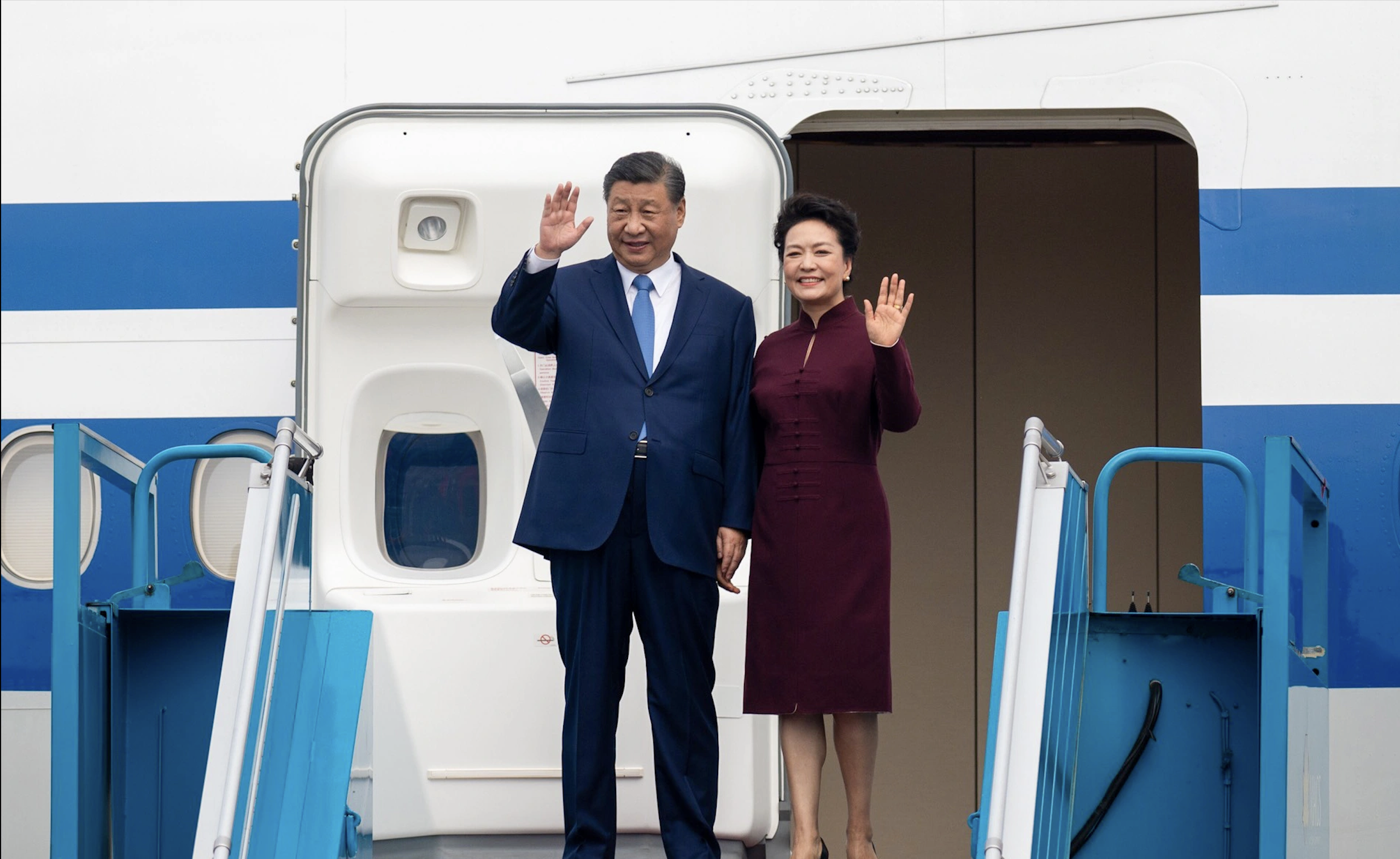
![[Photo] Closing of the 11th Conference of the 13th Central Committee of the Communist Party of Vietnam](https://vstatic.vietnam.vn/vietnam/resource/IMAGE/2025/4/12/114b57fe6e9b4814a5ddfacf6dfe5b7f)
![[Photo] Overcoming all difficulties, speeding up construction progress of Hoa Binh Hydropower Plant Expansion Project](https://vstatic.vietnam.vn/vietnam/resource/IMAGE/2025/4/12/bff04b551e98484c84d74c8faa3526e0)


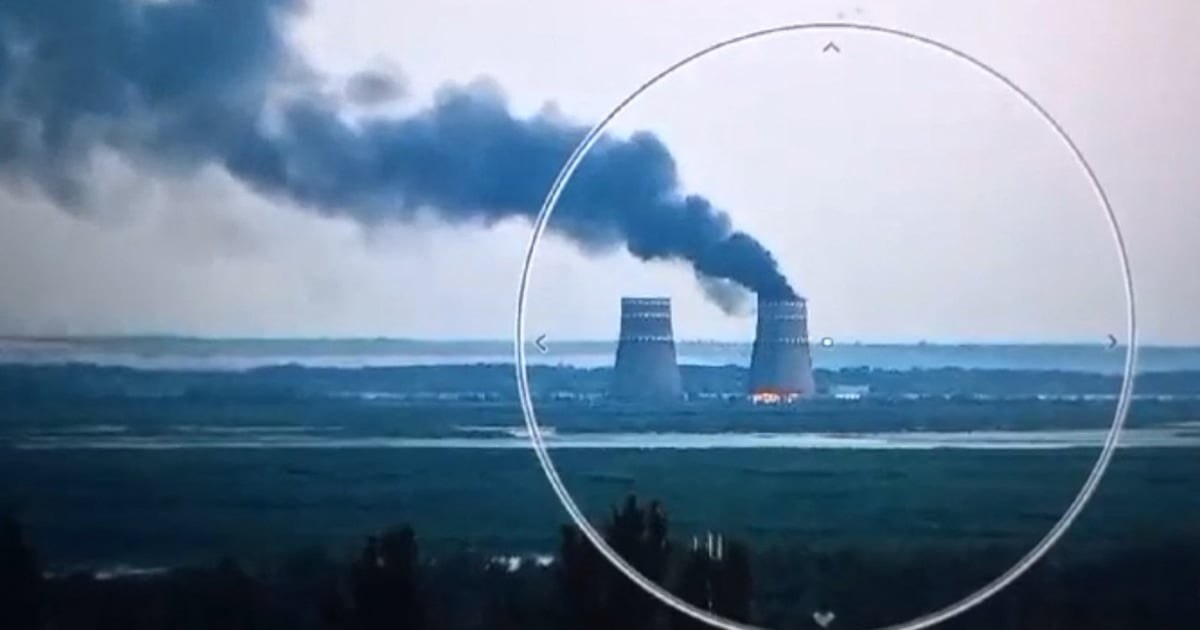
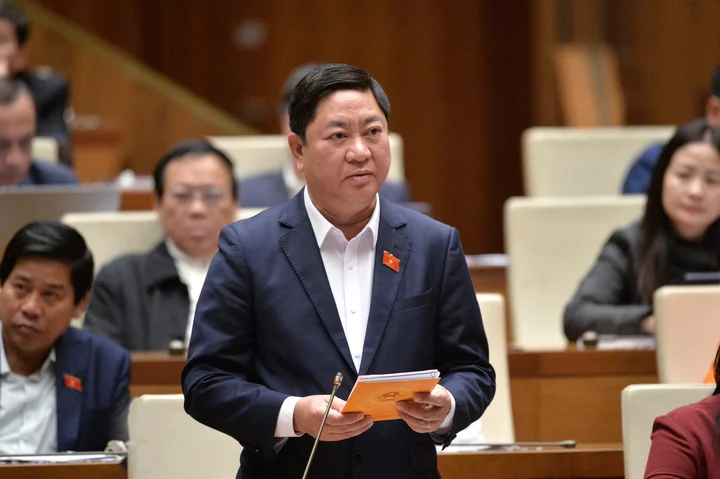

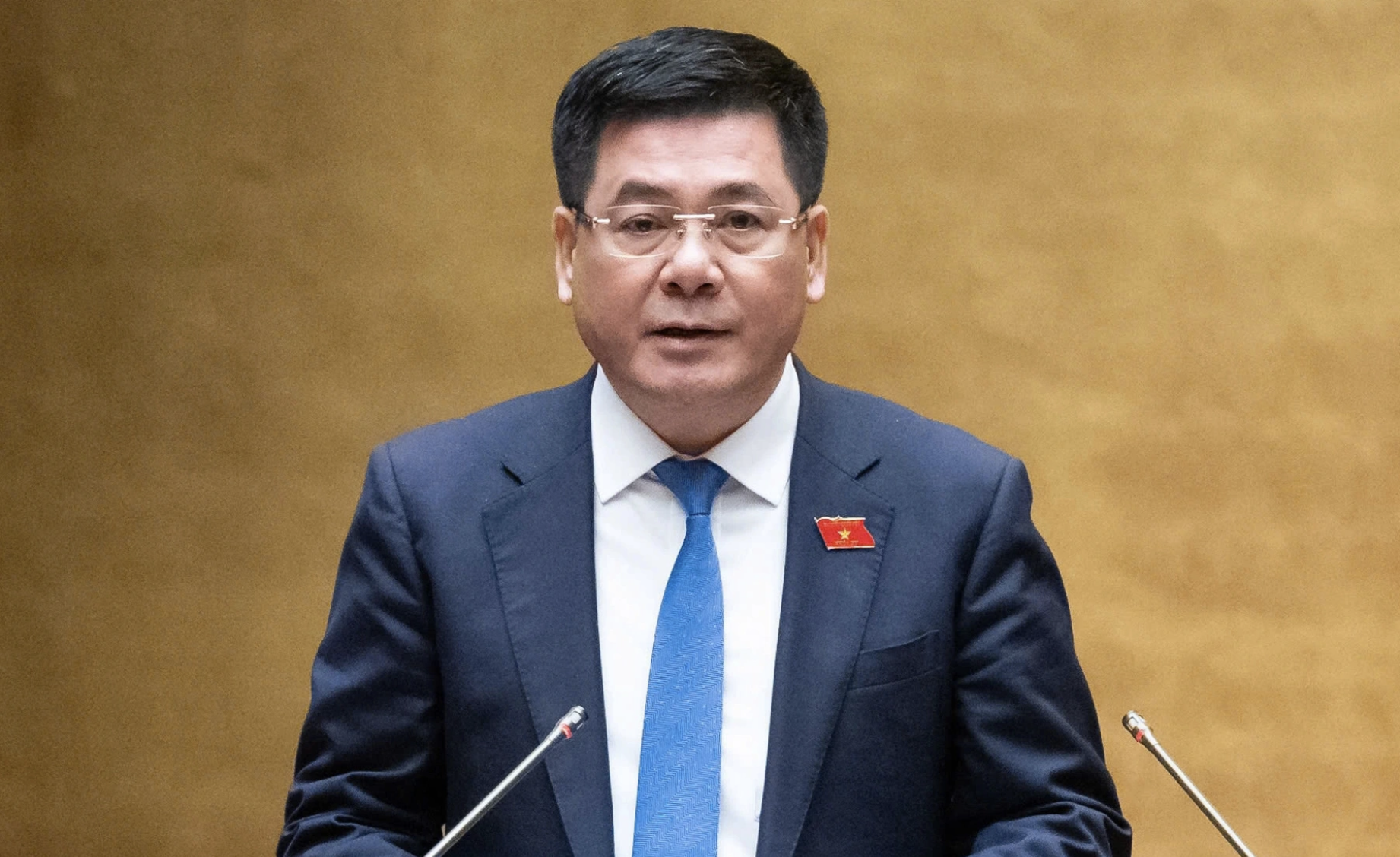

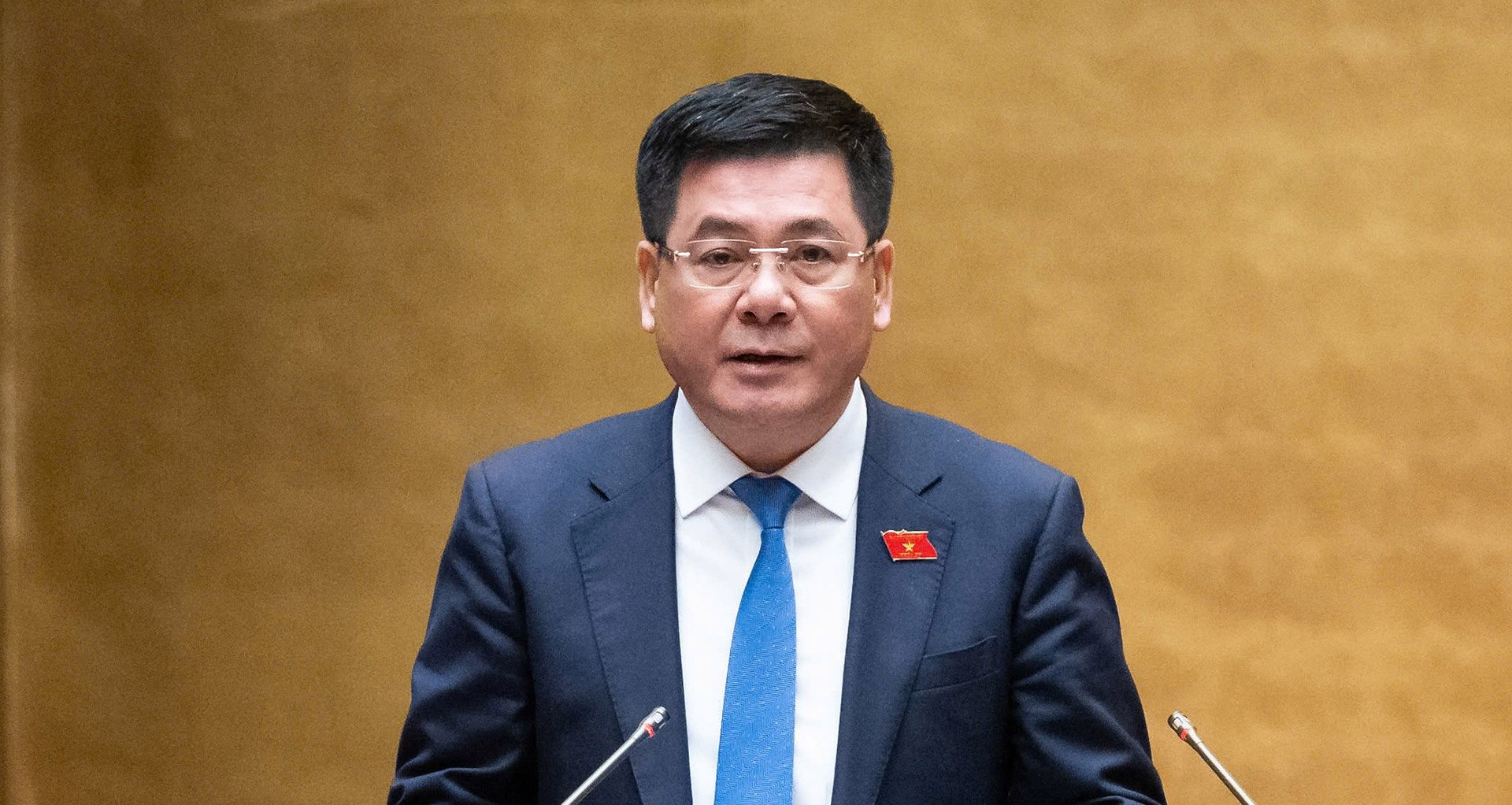

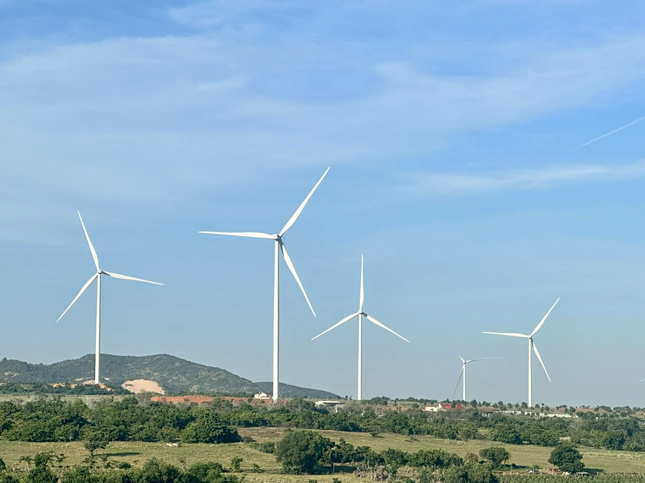

















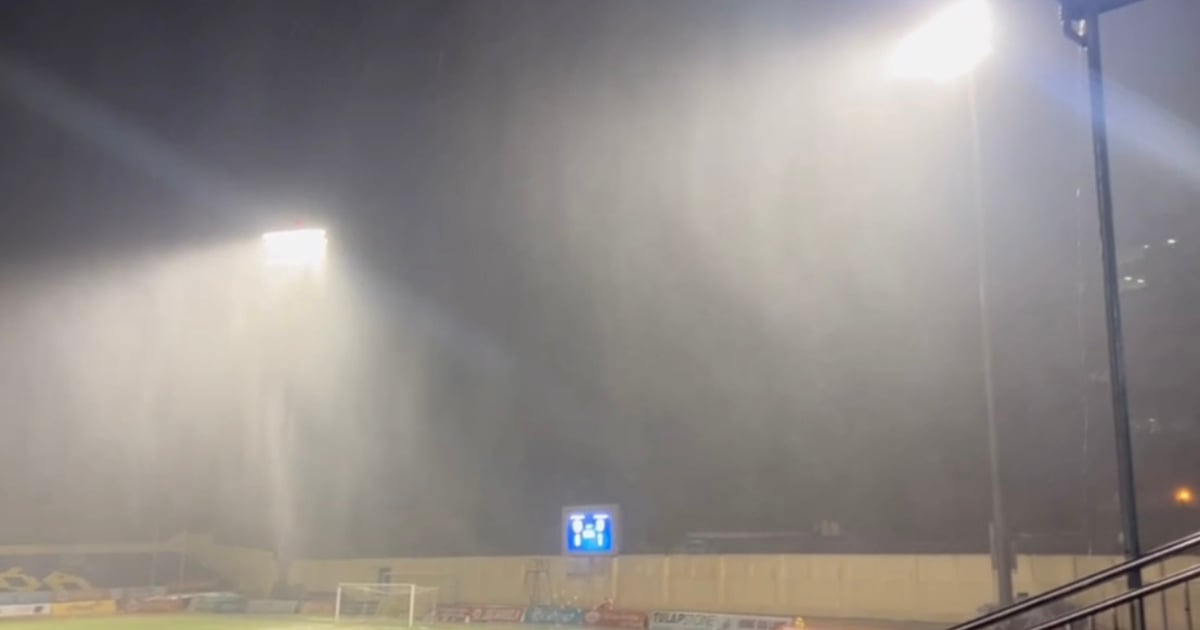






























































Comment (0)